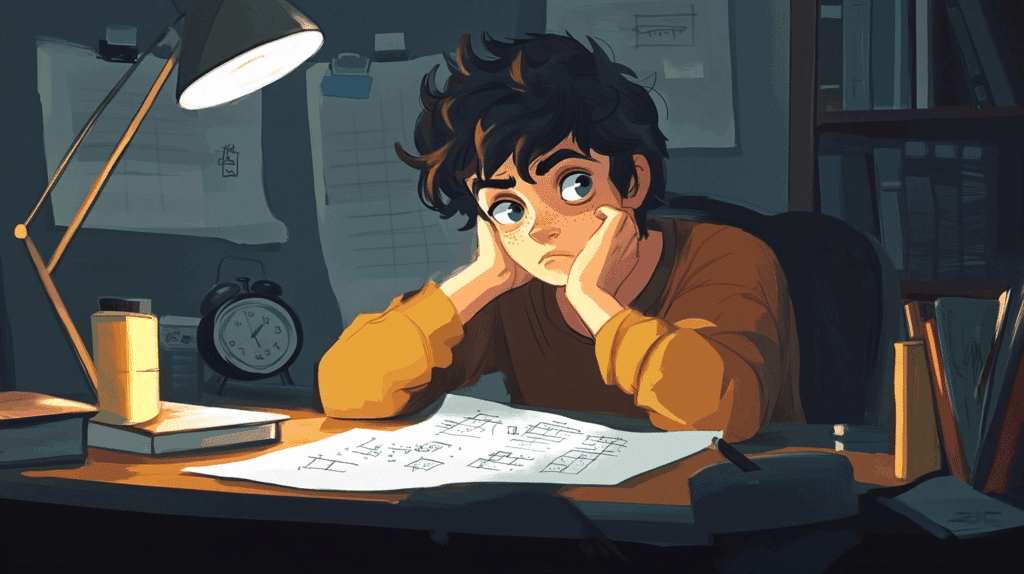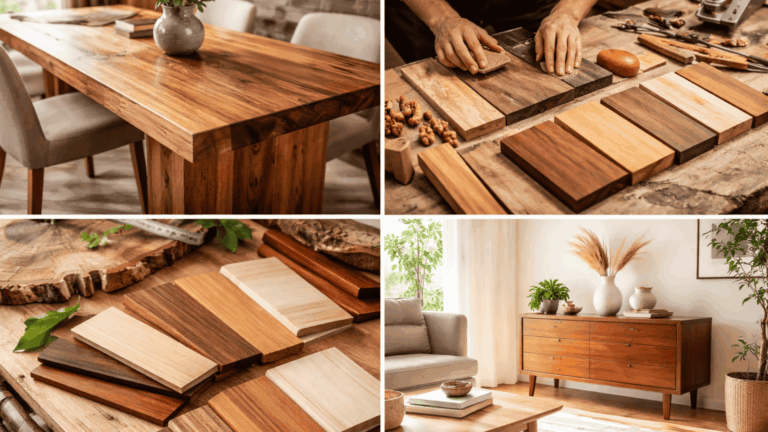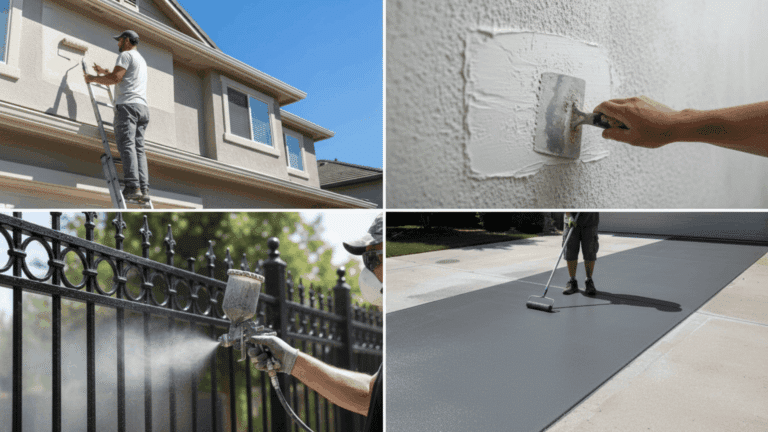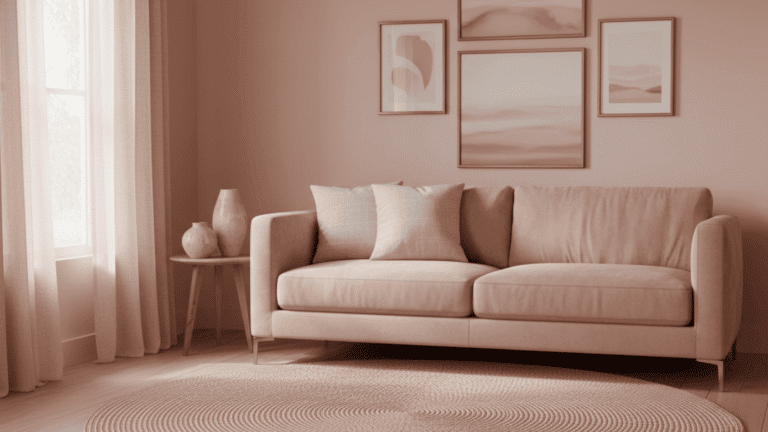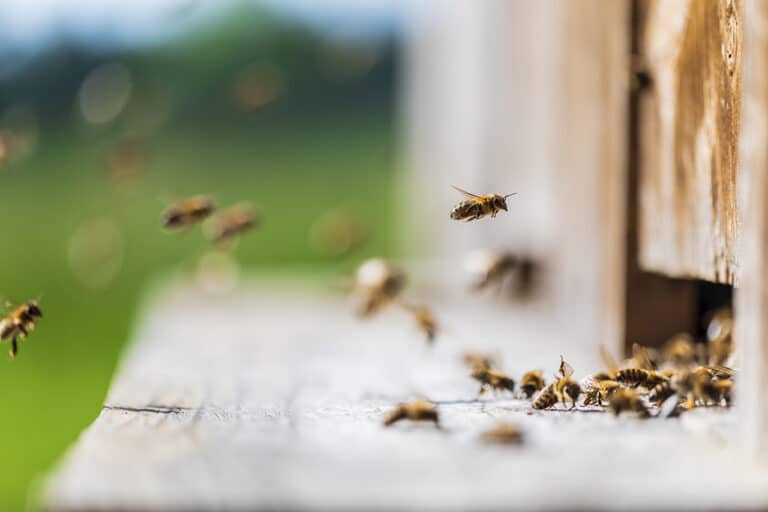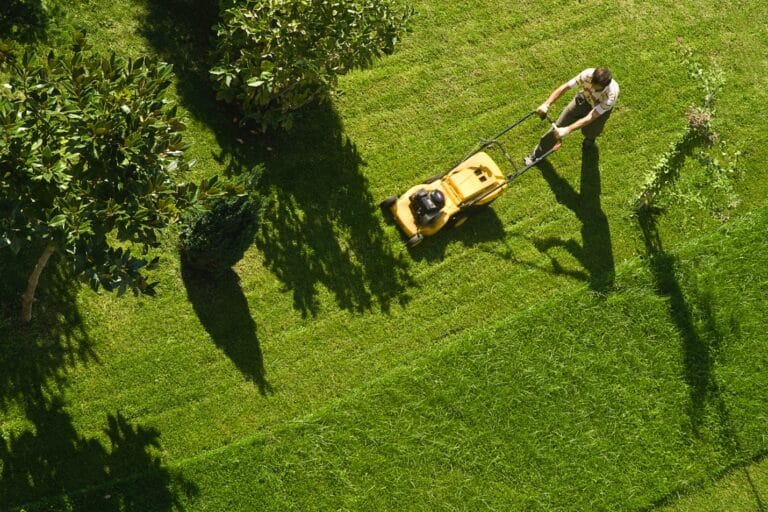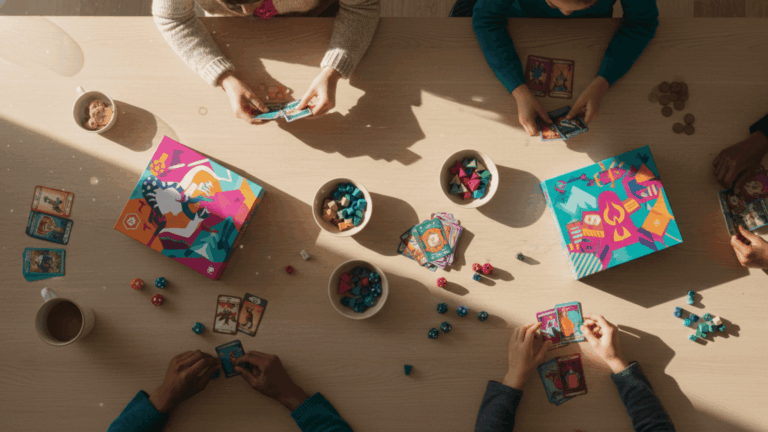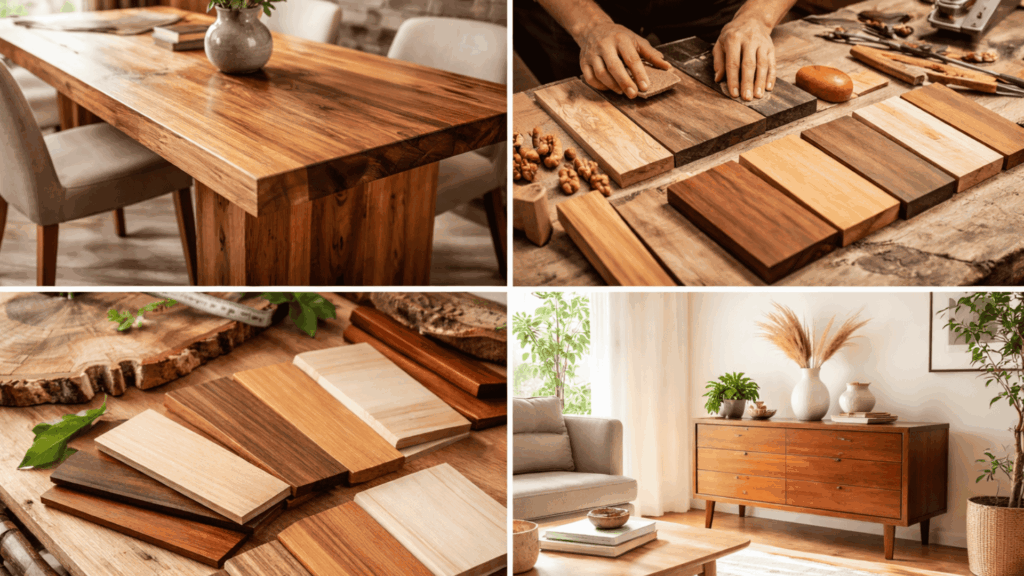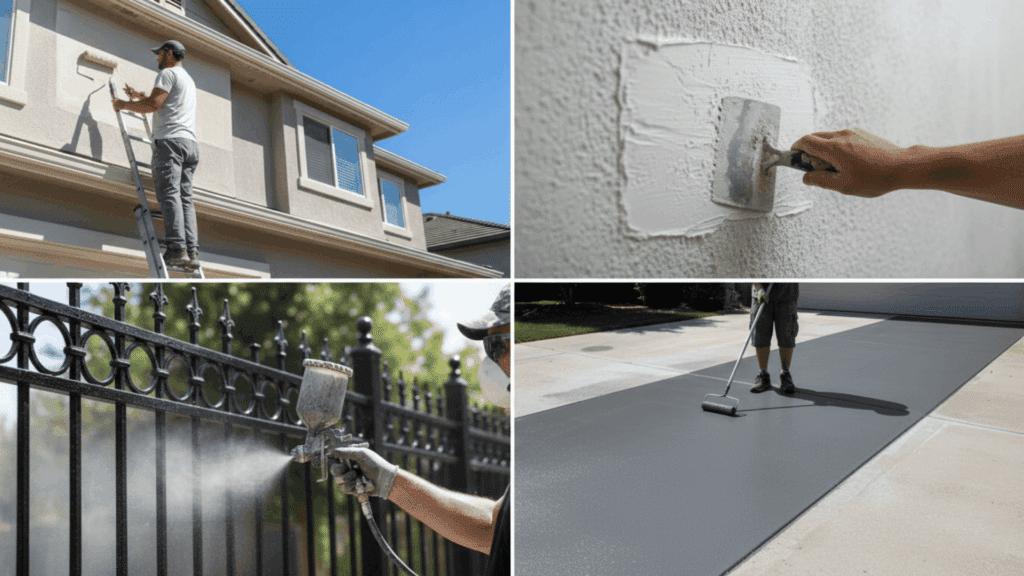Looking at common riddles can be tricky. People often struggle with solving even simple brain teasers like “what has legs but doesn’t walk?” The frustration builds when the answer feels just out of reach.
The solution to this puzzle is much simpler than most folks think.
This article breaks down the answer to the “what has legs but doesn’t walk” riddle while making it clear and easy to understand.
What Has Legs But Doesn’t Walk? – A Chair
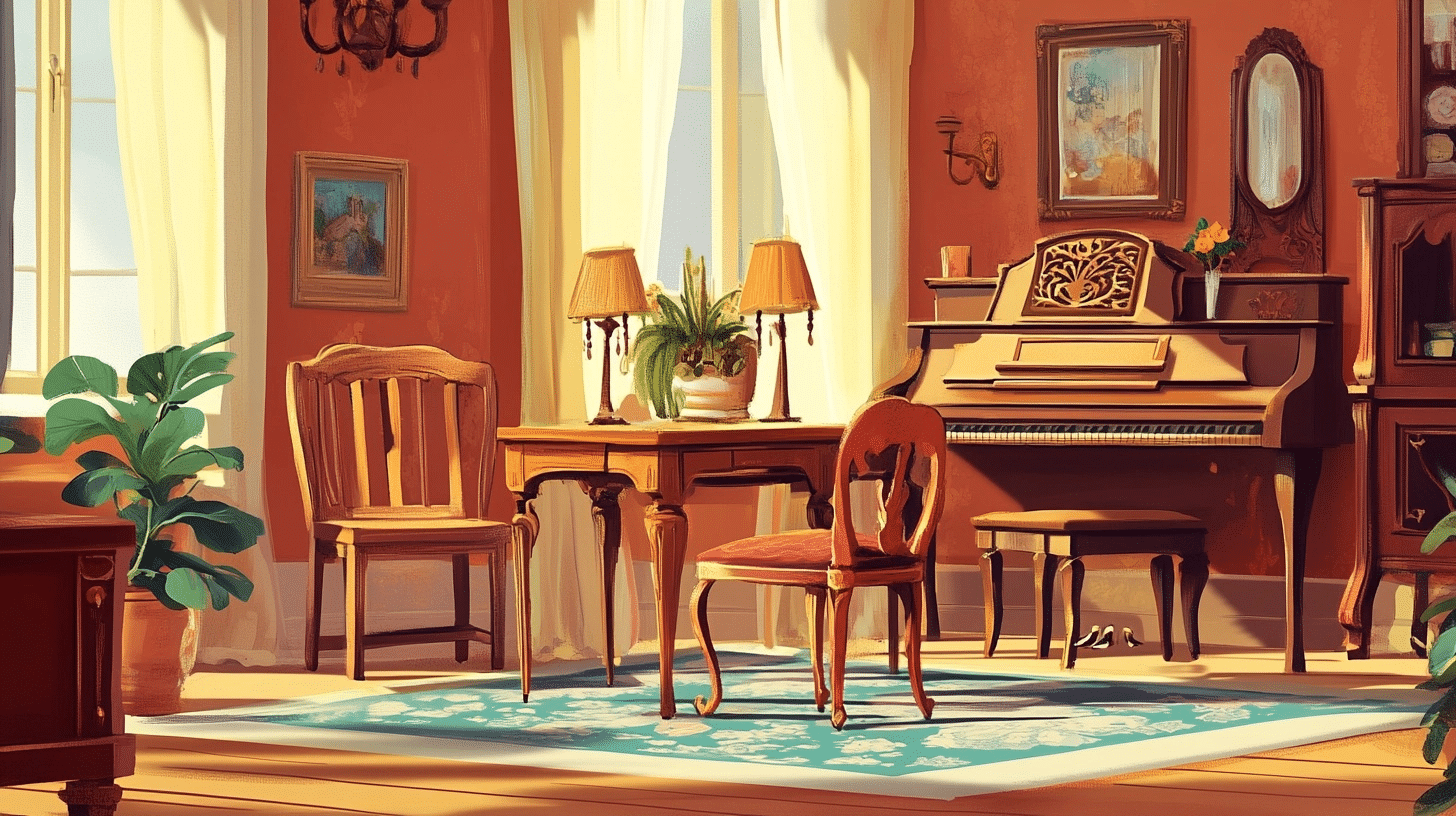
A table, chair, desk, or stool!
These household items all have legs that support them, but they can’t walk. Furniture legs hold up the object and keep it steady on the floor.
When we call them “legs,” we’re using a human body part name for a similar-looking piece of furniture.
This naming makes sense because both human legs and table legs have the same job of holding something up!
Riddle Me This: More Puzzles to Tickle Your Brain
Here are some more riddles like ” What Has Legs But Doesn’t Walk? “;
1. What has a neck but no head?
A bottle
2. What has hands but can’t clap?
A clock
3. What has a face and two hands but no arms or legs?
A clock
4. What has teeth but can’t bite?
A comb
5. What has a bed but never sleeps?
A river
6. What can fill a room but takes up no space?
Light
7. What goes up but never comes down?
Your age
8. What has one eye but can’t see?
A needle
9. What has keys but can’t open locks?
A piano
10. What gets wetter the more it dries?
A towel
11. What has a head and a tail but no body?
A coin
12. What comes once in a minute, twice in a moment, but never in a thousand years?
The letter M
13. What has words but never speaks?
A book
14. What can travel around the world while staying in one spot?
A stamp
15. What can you catch but not throw?
A cold
16. What has many holes but still holds water?
A sponge
17. What is so fragile that saying its name breaks it?
Silence
18. What has a heart that doesn’t beat?
An artichoke
19. What comes down but never goes up?
Rain
20. What kind of coat is always wet when you put it on?
A coat of paint
21. What can’t talk but will reply when spoken to?
An echo
22. What gets bigger the more you take away from it?
A hole
23. What has cities but no houses, forests but no trees, and rivers but no water?
A map
24. What runs but never walks, has a bed but never sleeps?
A river
25. What flies without wings?
Time
26. What can be broken but never held?
A promise
27. What has an ear but cannot hear?
A cornfield
28. What comes in through a keyhole but is never locked in?
Light
29. What has four wheels and flies?
A garbage truck
30. What belongs to you but others use it more than you do?
Your name
31. What can’t be used until it’s broken?
An egg
32. What is full of holes but still holds things together?
A net
33. What kind of tree can you carry in your hand?
A palm
34. What has eyes but cannot see?
A potato
35. What begins with T, ends with T, and has T in it?
A teapot
36. What goes through towns and over hills but never moves?
A road
37. What can run but never walks, has a mouth but never talks?
A river
38. What has stripes but no color?
A zebra crossing
39. What has a ring but no finger?
A telephone
40. What can be cracked, made, told, and played?
A joke
41. What comes before thunder?
Lightning
42. What starts white, gets dirty, but is never thrown away?
A chalkboard
43. What has a tongue but never talks?
A shoe
44. What never asks a question but gets answered all the time?
A phone
45. What is always in front of you but can’t be seen?
The future
46. What kind of band never plays music?
A rubber band
47. What can go through glass without breaking it?
Light
48. What can be seen once in a year, twice in a week, and never in a day?
The letter E
49. What has a spine but no bones?
A book
50. What do you throw out when you want to use it and take in when you don’t?
An anchor
51. What is tall when it’s young and short when it’s old?
A candle
52. What is always moving but stays in the same place?
A clock
53. What can fly without leaving the ground?
Time
54. What starts with a P, ends with an E, and has thousands of letters?
A post office
55. What can’t be seen but makes you move?
The wind
56. What runs all around a backyard yet never moves?
A fence
57. What tastes better than it smells?
Your tongue
58. What can hold water even though it has holes?
A sponge
59. What has no life but can die?
A battery
60. What has four legs in the morning, two at noon, and three in the evening?
A human (life stages)
61. What do you buy to eat but never eat?
A plate
How to Solve Word-Play Riddles Like These
Word-play riddles are fun puzzles that use clever language to trick you into thinking differently. To solve these types of riddles, follow these simple steps:
- Look for Double Meanings: Many word-play riddles use words that have more than one meaning. Think about different interpretations of the words in the riddle to see if any make sense.
- Focus on Word Sounds: Some riddles play with how words sound, like puns or homophones (words that sound the same but have different meanings). Pay attention to similar-sounding words that might be clues.
- Think Outside the Box: Word-play riddles often ask for answers that aren’t literal. Imagine creative or funny ideas that could fit the description instead of taking it too seriously.
- Read Slowly: Word-play riddles can be tricky because they might hide the answer in how the question is phrased. Read each word carefully and think about how it fits the riddle.
- Practice: The more you solve word-play riddles, the easier it gets to spot the patterns and tricks used. Keep practicing to sharpen your skills!
By understanding these tips, you can become a pro at solving word-play riddles and have fun along the way!
Wrapping Up
Riddles like “What has legs but doesn’t walk?” do more than just test our thinking – they show us how language can be playful and surprising.
Tables, chairs, and beds have legs that support rather than move, reminding us to look beyond literal meanings.
Next time you see your furniture, you might smile thinking about this riddle. Why not share it with friends or family and see who can solve it first?
Sometimes the most obvious answers are sitting right in front of us – or perhaps we’re sitting on them.

